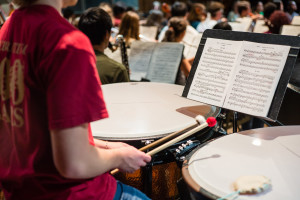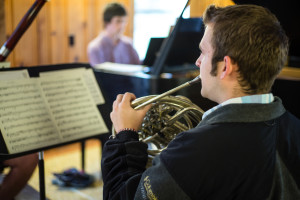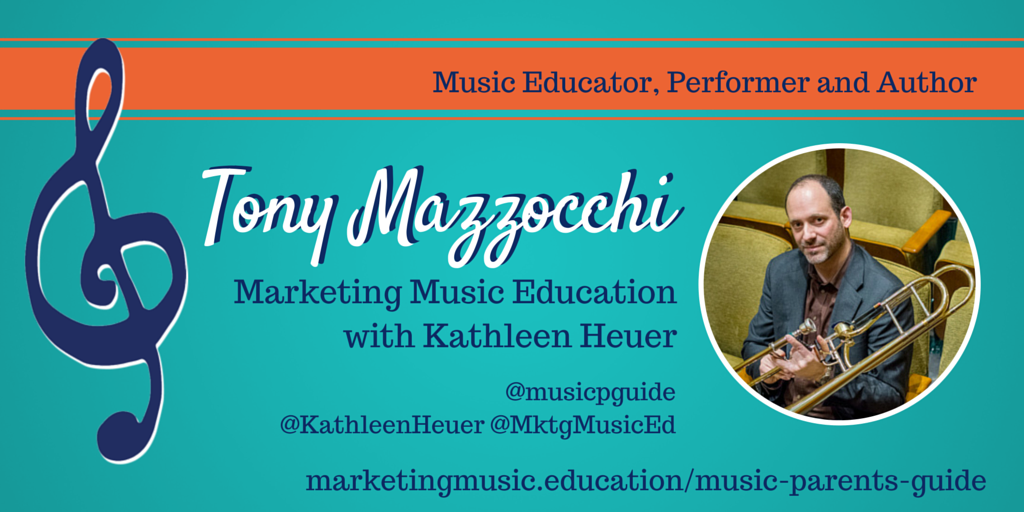 For the first time ever, music is now cited in federal statute as a stand-alone subject in schools.
For the first time ever, music is now cited in federal statute as a stand-alone subject in schools.
The timing could not be better. After all, provision for the arts in school curricula should be a no-brainer requirement of a well-rounded education. However, just because federal law is changing does not mean that schools are going to immediately adjust their schedules accordingly.
Our information age has become central (for better or worse) in shaping and influencing every waking moment of children’s daily lives – mostly toward a lifetime of consumption and a de-emphasis on creative thought. But if schools enable children to not only have ideas about the world, but to be active participants in it, we will be able to effectively develop a range of qualities and skills in our youth that will empower them to operate in this new age as agents of change instead of apathetic onlookers.
Our society desperately needs to value more than just academic abilities. Our children have unlimited potential and so much more to offer than just good test grades. Music exemplifies these other capacities — intuition, practical skills and creativity, to name a few. Make no mistake: all of our children’s growth will be stunted without music in their lives as part of their school day. If schools do not appropriate the proper resources to music education, our new federal law will do our children little good. And “guided resources” have less to do with actual finances and more to do with changing a long-established negative attitude towards the arts as peripheral to a well-rounded education.
Here are three reasons we need music in our country’s schools now more than ever before:










Recent Comments